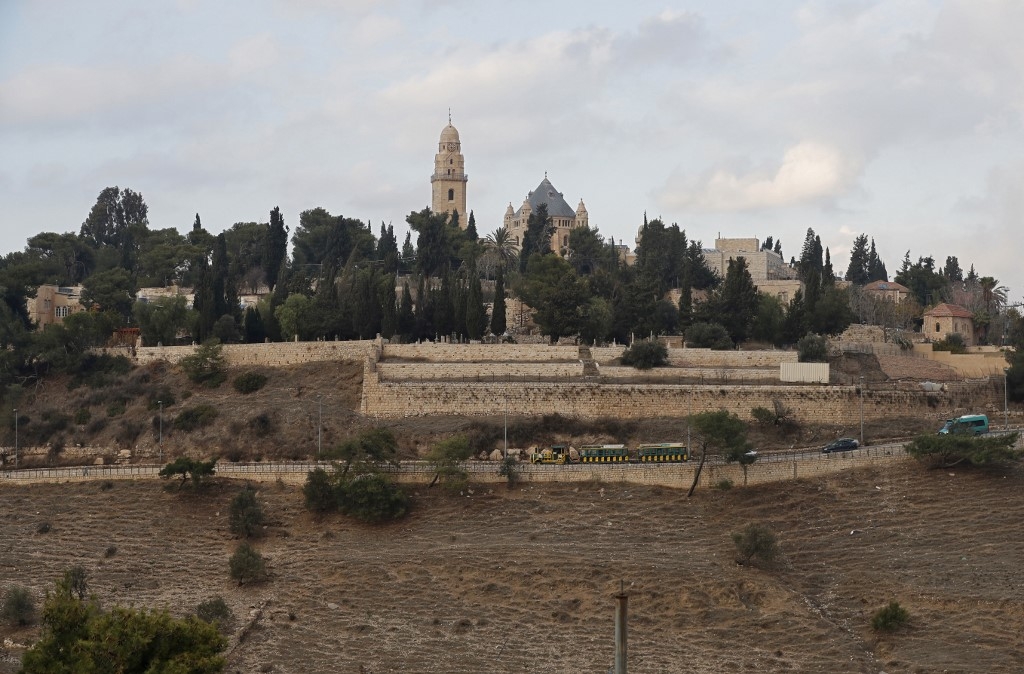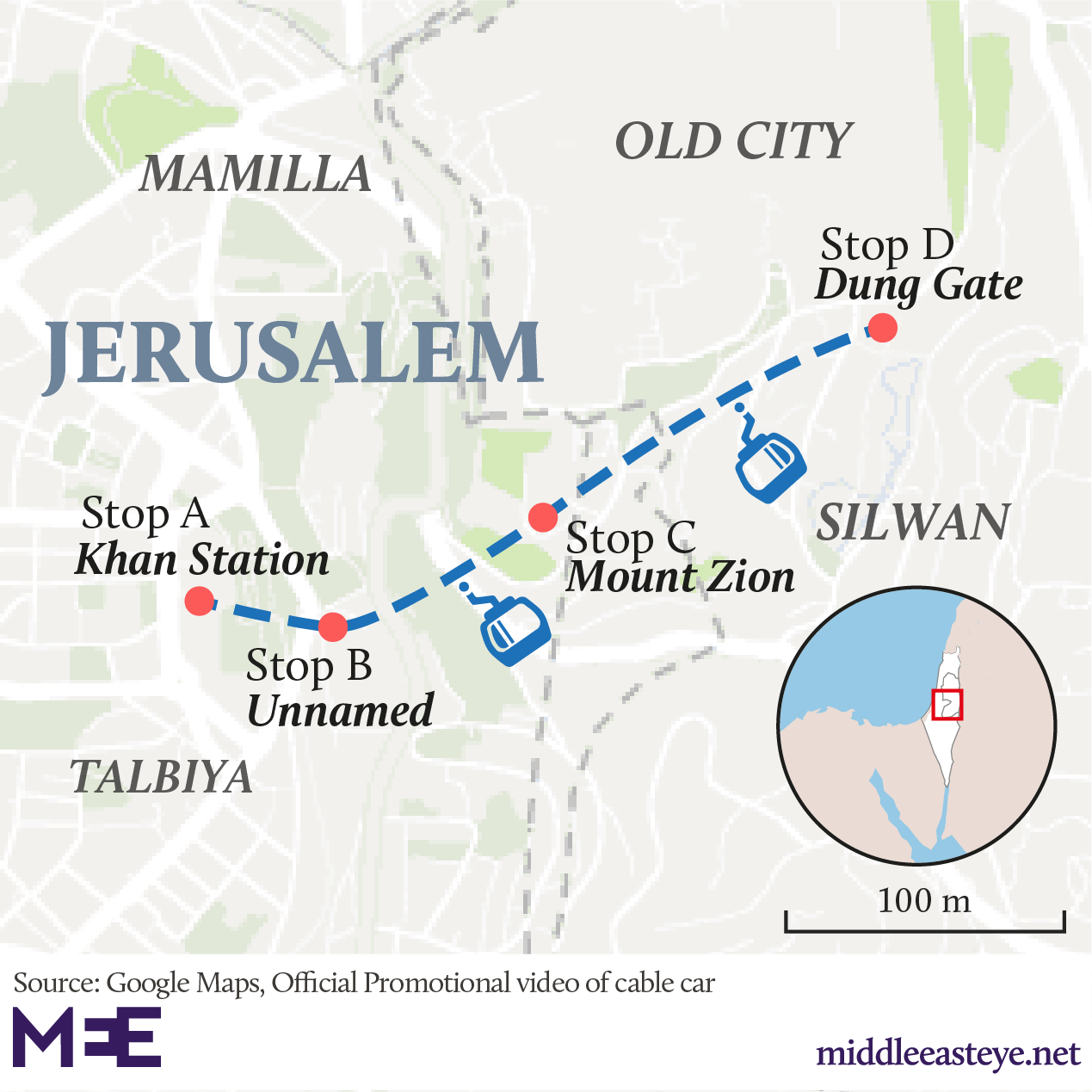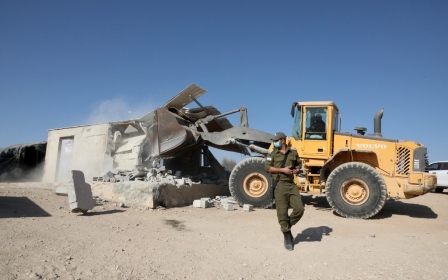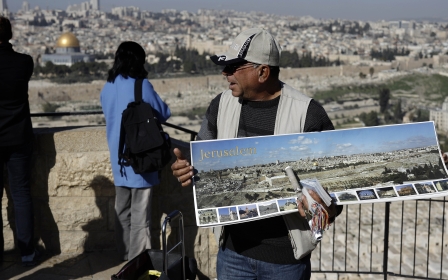Israel to begin excavation for controversial Jerusalem cable car

Israeli authorities are set to start excavation works in occupied East Jerusalem to prepare for the construction of a cable car, a controversial project that would dramatically alter the landscape of the historic Old City of Jerusalem and expand the Israeli presence in the Palestinian-majority neighbourhood
Excavation will start by mid-November, project director Shmulik Tzabari was quoted as saying by Israeli media.
Israeli authorities have reportedly approved the uprooting of trees on Mount Zion, and for infrastructure including water, sewage and telecommunications to be displaced from the planned path of the cable car.
In July, a petition to Israel’s High Court was filed by the World Karaite Movement, which has a cemetery in the area; Palestinian residents of the neighbourhood of Silwan, over which the cable car is planned to pass; and Emek Shaveh, an Israeli NGO opposing the politicisation of archaeology.
The High Court has asked the Israeli authorities to supply a “factual basis” for the project and is set to issue a decision on 22 November. But despite the pending court decision, Tzabari indicated that excavations may begin before then.
New MEE newsletter: Jerusalem Dispatch
Sign up to get the latest insights and analysis on Israel-Palestine, alongside Turkey Unpacked and other MEE newsletters
The Jerusalem Development Authority (JDA), the Israeli body responsible for the cable car project, has won the approval of the Agriculture Ministry’s Forest Commissioner’s Unit to uproot trees along the cable car’s route.
Running from the Old City's Dung Gate to West Jerusalem, the Israeli government says the cable car would help ease traffic in the city and could transport 3,000 passengers an hour at peak times, despite data showing the opposite.
The project will include 15 concrete pillars 26 metres high. The cable car will have 73 carriages, each able to carry tens of passengers.
From start to finish, the system will be 1.4km long, and carriages will travel automatically 15-20 minutes apart. The journey is projected to last four and a half minutes in total.
Israel's national infrastructure committee, the Jerusalem Development Authority and the Ministry of Tourism have earmarked 200m shekels ($54.4m) for the project.
Two stations are proposed to be built in West Jerusalem and Mount Zion. A third is planned in occupied East Jerusalem's Silwan neighbourhood, adjacent to the southern wall of the Old City and close to the Al-Aqsa Mosque compound and the Western Wall.
East Jerusalem was captured by Israel during 1967 war and has been occupied ever since. Israeli settler groups such as Elad, which manages the City of David archaeological park, have pushed for the expansion of settlements in East Jerusalem and the prioritisation of Jewish tourism and heritage, in what has been denounced by Palestinians as Judaisation efforts to erase Palestinian presence in the city.
Several Palestinian families who have lived in the neighbourhood for generations have been evicted from the area by Israel to create the archaeological park and accommodate Jewish settlers.
Middle East Eye delivers independent and unrivalled coverage and analysis of the Middle East, North Africa and beyond. To learn more about republishing this content and the associated fees, please fill out this form. More about MEE can be found here.





